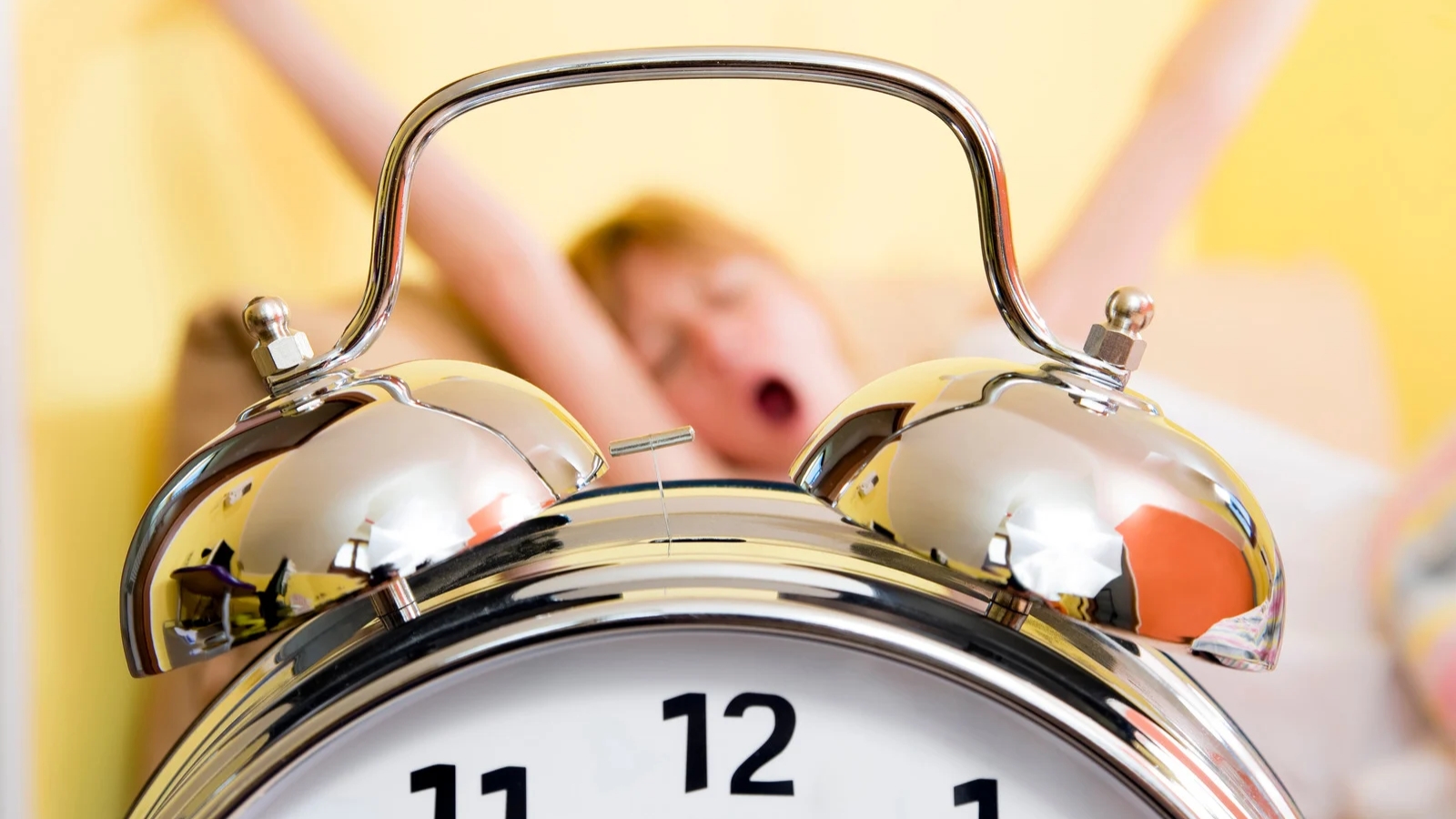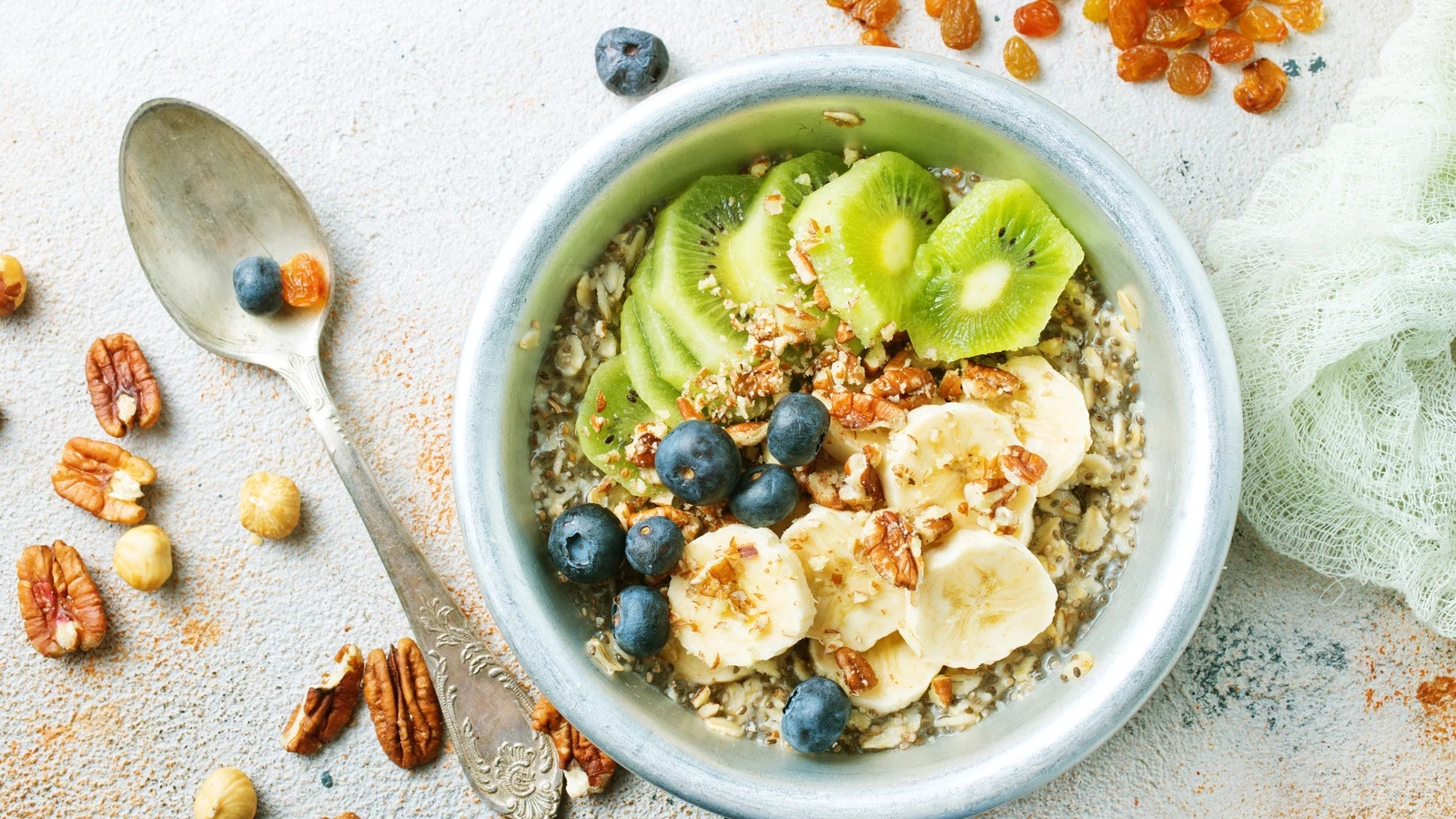Hormones affect your energy, mood, weight, and overall health. When they are out of balance, it can lead to fatigue, sleep problems, weight gain, and other issues. Starting your day with habits that support hormone balance can make a noticeable difference.
A consistent morning routine helps regulate your internal clock, reduce stress, and support key functions like metabolism and digestion. This article will guide you through simple, practical steps to build a morning routine that supports hormone health. You’ll learn how to align your activities with your body’s natural rhythms and set a strong tone for the rest of your day.
Wake Up at the Same Time Every Day
Your body follows a natural rhythm called the circadian rhythm. Waking up at a consistent time every day helps regulate hormones like cortisol and melatonin. This supports better sleep and more stable energy levels during the day.
Try to get up at the same time, even on weekends. Use natural light to help your body wake up. Open your blinds or step outside for a few minutes after waking.
Start With Hydration
After hours of sleep, your body needs water. Hydration helps support digestion, circulation, and hormone transport. Drinking water first thing in the morning helps rehydrate cells and prepare your body for the day.
You can also:
- Add a pinch of sea salt for electrolytes
- Squeeze in lemon for vitamin C
- Drink herbal teas if you prefer something warm
Avoid starting the day with coffee on an empty stomach. This can cause cortisol spikes and blood sugar drops.
Eat a Protein-Rich Breakfast
What you eat in the morning affects blood sugar, cortisol, and insulin levels. A protein-rich breakfast helps stabilize these hormones and reduces cravings later in the day. It also supports thyroid and adrenal function.
Good protein choices include:
- Eggs
- Greek yogurt
- Nut butters
- Chia seeds
- Smoothies with protein powder
Pair protein with fiber and healthy fats for better results.
Avoid High-Sugar Foods in the Morning
Sugar can spike your insulin and lead to crashes. These swings stress your adrenal glands and affect hormone balance. Starting the day with sugar may also increase hunger and fatigue later.
Replace sugary breakfast items with:
- Whole grains
- Fresh fruits in moderation
- Unsweetened dairy or plant-based alternatives
Sticking to slow-digesting foods helps maintain stable energy.
Get Natural Light Exposure
Morning light helps regulate melatonin and cortisol. Exposure to light tells your body it’s time to be alert and active. This helps keep your circadian rhythm on track.
Spend 10 to 15 minutes outside in the morning. You can sit on your porch, go for a short walk, or stretch near a sunny window. Skip sunglasses during this time to let your eyes absorb the light.
Limit Screen Time First Thing
Screens can confuse your body’s signals by emitting artificial light. Checking your phone right after waking may trigger stress and reduce focus. This affects cortisol levels and mental clarity.
Try replacing screen time with:
- Deep breathing or stretching
- A few minutes of journaling
- A short walk outside
Give yourself at least 20 to 30 minutes before checking emails or social media.
Include Gentle Movement
Movement helps reduce stress hormones and increase endorphins. Gentle exercise in the morning can boost circulation and support metabolism. It also improves mood and energy.
Simple options include:
- Stretching or yoga
- Walking or biking
- Bodyweight exercises
Avoid intense cardio first thing if you feel tired. Listen to your body and choose movement that feels energizing, not draining.
Best Exercises for Hormone Support
Certain types of exercise work well in the morning:
- Walking supports cortisol regulation
- Yoga supports the nervous system
- Strength training improves insulin sensitivity
You don’t need to spend hours working out. Even 10 to 15 minutes of activity can help.
Practice Mindful Breathing
Stress can disrupt hormone balance by raising cortisol. Practicing mindful breathing helps calm your nervous system and lower stress levels. You can do this in just a few minutes each morning.
Simple breathing technique:
- Sit comfortably and close your eyes
- Inhale through your nose for four counts
- Hold your breath for four counts
- Exhale for four counts
- Repeat for a few rounds
You can pair this with journaling or quiet reflection.
Take Targeted Supplements if Needed
Some people benefit from supplements that support hormone health. Always check with a healthcare provider before starting new ones. Taking them in the morning can help your body absorb them more effectively.
Common morning supplements:
- Vitamin D
- Magnesium
- B-complex
- Omega-3 fatty acids
Pair supplements with food for better digestion.
Keep Your Routine Simple and Repeatable
A morning routine doesn’t need to be complicated. Choose two to four habits that you can stick to. Small, consistent actions help more than large routines you only follow once in a while.
Sample morning routine:
- Wake at 6:30 AM
- Drink water with lemon
- Do 10 minutes of yoga
- Eat a protein-rich breakfast
- Step outside for natural light
Adjust your routine based on your schedule and needs. Focus on consistency over perfection.
Conclusion
A strong morning routine helps regulate hormones by supporting your natural rhythms and reducing stress. Daily actions like consistent wake times, balanced meals, hydration, and gentle movement can improve how your body functions.
You don’t need a long checklist to see benefits. Simple routines that you can follow each day are the most effective. Choose what fits your lifestyle and build from there. Start with one or two changes and notice how your energy, focus, and mood respond.






